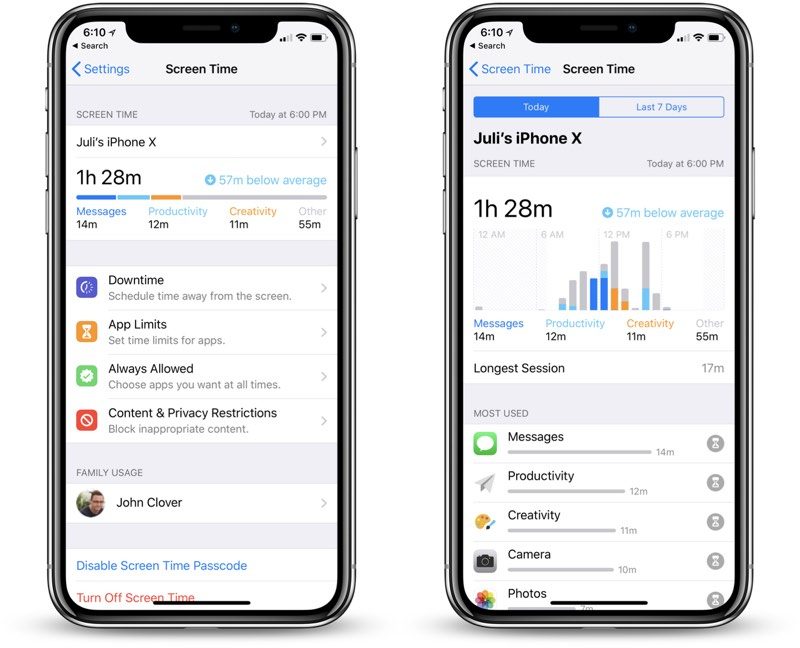After a blissful week full of family, turkey, naps, and shopping, Thanksgiving break has sadly come to an end and classes have resumed with what seems like more assignments and stress than ever before. Whether you have four or seven courses, you probably have found yourself buried under a litany of final projects, papers, and exams to complete before you can be welcomed by the freedom of winter break in just fourteen short days. Some courses may even have a combination of the three for you to complete. While there is no doubt that the next two weeks will be difficult to get through, there are ways to make it easier. Hopefully the tips below will aide you in your studies and help you stay productive for the next couple of weeks.

Eliminate Distractions
As you may know, it’s difficult to be productive when you constantly have objects of focus surrounding you. Oftentimes, these objects are our phones and their access to social media, or simply the environment we choose to study in. While it may seem simple to just turn off your phone or seclude yourself to a quiet study room, you may still find yourself instinctively reaching to check Instagram, or aimlessly staring at a painting on the wall- anything to keep from studying.
For the technology aspect of this problem, the best way to stop checking your phone is to simply give your phone to a friend or just leave it in your dorm. However, if you must keep your phone so people can contact you, there are less extreme methods. Many app stores today offer plenty of apps geared towards productivity- often times, these have timers so that you know when to start working and when to take a break and check your phone. Also, if you have a more recent iPhone, they now have a screen time feature in settings, which records how long you spend on certain apps. With this feature, you can also set daily app limits, which only allows you to check certain apps for a limited time during a day. There’s also a downtime setting, which shuts down apps on your phone for a scheduled amount of time. During this time, you can choose which apps you would still like access to, but the others you will not be able to open until the time ends.

Focus Your Efforts
While finals are an important component of your overall grade and GPA, not all finals may need to be treated in the same way. Before you open a textbook, be sure to know which courses and topics are your priorities- this will keep you from wasting time studying topics you may already know or that will barely impact your grade.
To know which courses to prioritize, take time to look back at each of your syllabi. Look at the weighting of the final and use your past grades to determine what you would need to get your goal for the class. If you only need a 60% on your Economics final to reach a B+ but need an 80% on your Calculus to get a B-, then you should put more effort into studying Calculus. It’s also important to consider how many credits each course has. Higher credit courses count more to your GPA, so doing well in these courses are slightly more important.
Another tip would be to start studying for your last final first. By the end of finals week, you’ll likely be worn out and won’t want to put in as much effort into last minute studying. If you spread out your studies throughout the next two weeks, you won’t have to worry about cramming the night before your last exam. Spreading out your studies also allows you to look at multiple courses over time. Make a goal to look at one chapter a day for each class, and if you get tired with one class, you can just move on to another course to stay productive.
“Ask yourself if what you are doing today is getting you closer to where you want to be tomorrow”
–Anonymous









